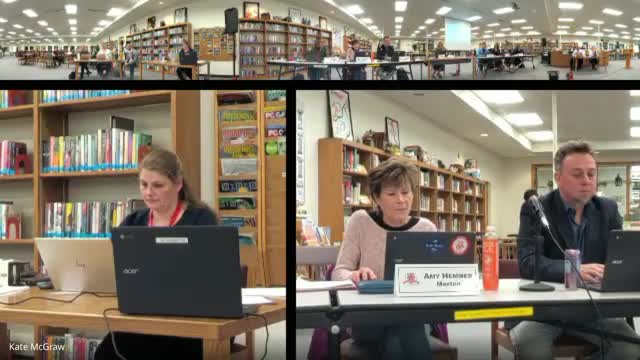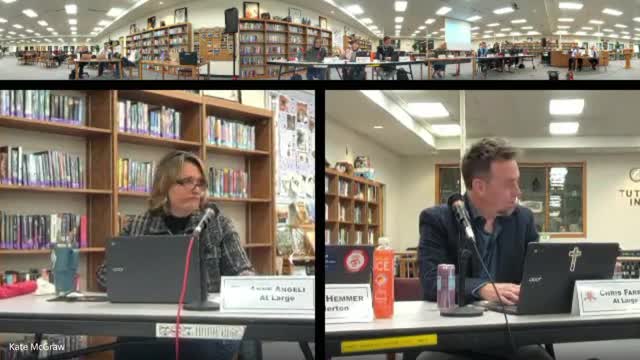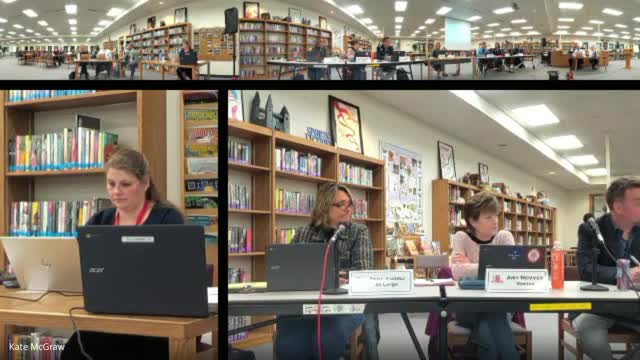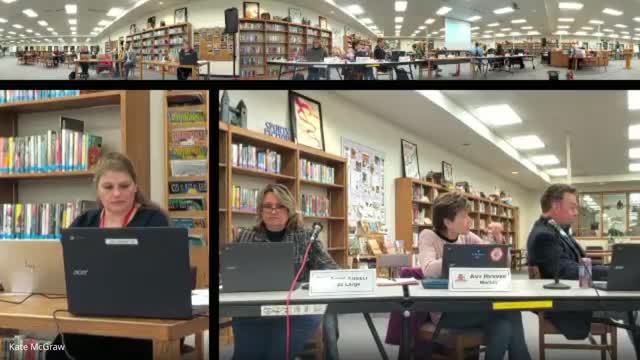Article not found
This article is no longer available. But don't worry—we've gathered other articles that discuss the same topic.

Board approves consent agenda; endorses Arrowhead endowment appointments and bylaws

After referendum loss, Arrowhead board plans workshop; residents press board on Flock cameras and school repairs

Engineer review: Arrowhead pool may be refilled pending final report; committee to monitor refill and losses

